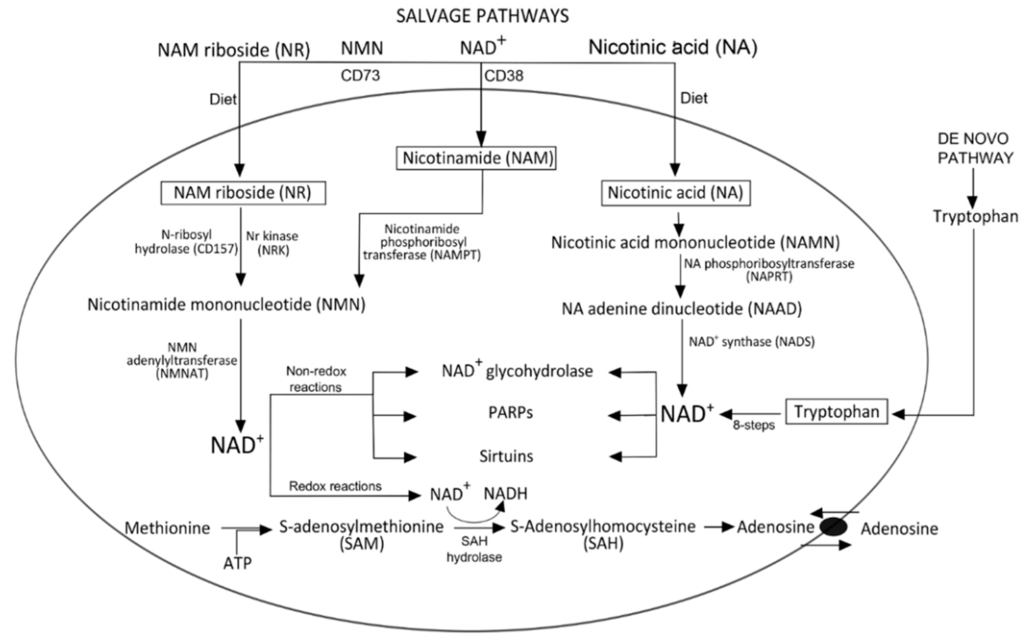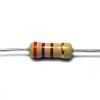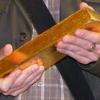...
I am interested in this relationship mentioned by Nate:Is there a way for me to search a single thread for a keyword... without resorting to
The relationship is more so between straight B3, Niacin and homocysteine.
There was a discussion about it earlier in this thread and I mentioned I'd have mine checked to be sure.
looking on every page of the thread ?
Be mindful that NR along with Niacin raise homocysteine( no wonder why products like Resveracel we including TMG in their formula), you should be a week away from those before getting your blood work...
What is the scientific evidence we have on NR rising homocysteine?
I have been looking at this from time to time w/o finding much beside some anecdotal reports. And as we are on anecdotes, despite 200-300mg supplementation of NR I could not see any effect on my levels while I clearly see it using similar doses of Niacin. Incidentally, I level around 11 mcmol/l despite my B complex supplementation. I am also looking at Cystatin C which measures renal funtion and is correlated to homocysteine. I will re-do a test using an additional 1000 mcg of l-Methylfolate and possibly some extra TMG for some time but I am skeptic as results several years ago were negative. I am not homozygous for MTHFR C677T (rs1801133) and am heterozygous for MTHFR A1298C (rs1801131).
Congrats to Nat for his excellent values!
Sometime ago I scoured the internet for any NR homocysteine connection and found none. My homocysteine levels after six months of taking 400mg of NR daily were unchanged. I think Black Fox may be confusing NR with Niacinamide...
Vast swathes of the population have a poor intestinal absorption of B12 so it's not likely that taking a Bcomplex will help your homocysteine levels. Much more effective: sublingual methylcobalamin.
I wasn't confused, I was talking from the experience. I'm homozygous for MTHFR C677T.
My homocysteine baseline is around 10 uMols/L. No supps!!
While I was talking 1000 mg NR and also supplementing along with a B complex ,TMG and taurine my homocysteine rose to 12 and after a months of "detoxing" on every single supp I switched to 250 mg Niacin along with B complex, TMG and taurine and my homocysteine rose above 16 :(
For al of you out there mega supplementing on NR or Niacing, get yourself tested for MTHFR before jumping on this wagon JMHO
DNA loads the gun but environment pulls the trigger
I'll be addressing my mutation properly shortly with Hydroxycobalamin, L5-MTHF, FOLATE , TMG
I'm also planing to get myself tested for CBS, MAOA, COMT and SUOX
Edited by Black Fox, 14 September 2016 - 07:49 AM.
































 This topic is locked
This topic is locked




















